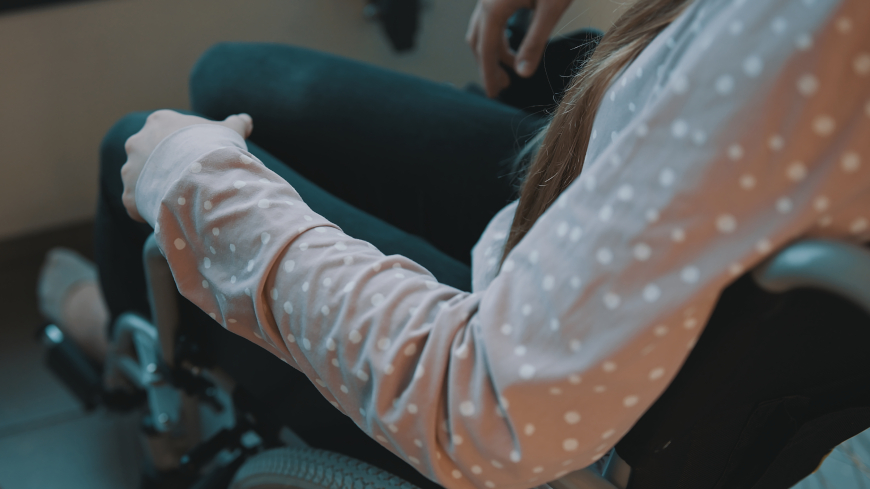UNISON, the Armenian non-governmental organisation (NGO), conducted a survey on the topic "Discrimination on the Ground of Disability in Armenia". The survey respondents were 120 people with different types of disabilities.
In this regard, raising the awareness of the general population about the needs of PWDs and conducting social programmes are important imperatives for the inclusion of PWDs in public life. Although various state programmes have been implemented to increase the socio-economic activity of PWDs, they are mostly of a formal nature and do not ensure the full involvement of PWDs in all spheres of public life.
NGOs dealing with the problems of PWDs and engaging in the protection of their interests, are the most active entities. However, educational actions are needed to strengthen the inclusion of PWDs in public life, as research shows that discrimination against PWDs is still widespread.
Most of the survey respondents who faced discrimination and challenges during their lives, tried to solve them on their own. The reason is that the measures taken by the major stakeholders are not effective. It is necessary to introduce large-scale actions and effective mechanisms to eliminate discrimination against PWDs and to ensure the protection of their rights. Therefore, the results of this research can help the responsible bodies/individuals and policy makers to make their actions more targeted and effective.
Notable results of this research:
- The vast majority of respondents, 69% discrimination; 58% of them are people with reduced mobility, 31% have the 1st category of disability, 29% have the 2nd and 27% the 3rd category of disability. 38% of the respondents, who have faced discrimination, are men and 62% are women. In other words, women are about 1.5 times more likely to be discriminated against. Cases of violence on the ground of disability are very rare. According to 25% of respondents, they have never been discriminated against.
- Interestingly, more women than men think they would be discriminated against if they were of the opposite sex. Thus, 65% of women fear that being a man leads to discrimination and 35% of the male respondents think that being a woman can lead to discrimination.
- The majority of respondents (80) who mentioned they had been discriminated against, try to solve the problem on their own without turning to anyone. Interestingly, women (57%) were more likely to report that they had solved the problem on their own, without a side intervention.
- 60% of respondents are not at all satisfied with the accessibility of public transportation, which in turn leads to a decline in economic activity among PWDs.
- Almost half of the respondents participate in the local and national elections. Interestingly, 78% of those who did not participate in the elections were urban respondents, i.e. the voter turnout of people with disabilities in rural areas is significantly higher.
- Respondents have the most active participation in the decision-making process in the country through elections. 69% of respondents said they had participated in the elections. Then public activism is performed by expressing opinions on social networks, which was mentioned by 64% of respondents. On the other hand, 79% of the respondents stated that they did not participate in the meetings of the Community Councils, 74% - in the online discussions of the draft laws, 70% do not participate in the petitions, 68% do not submit complaints, 62% do not participate in any public discussions.
- The respondents are mostly concerned about making money and starting a family in the future. 55% fear that due to disability they may not be provided with a loan in case they need it. 54% are afraid that they will not be able to start a family. 38% have fears that they may become subject of bullying because of their disability. 41% are worried and feel anxiety while they communication with the employer, thinking that the latter will make fun of them, ignore or insult them. 22% think they will face discrimination in educational institutions. Only 17% of respondents consider it likely that they may be mistreated by a caregiver or nurse. 23% are afraid of physical attacks in crowded places.
This survey was carried out by UNISON NGO in Armenia with the support of the regional project “Strengthening access to justice for victims of discrimination, hate crime and hate speech in Eastern Partnership countries”, financed by the European Union and the Council of Europe and implemented by the Council of Europe in their Partnership for Good Governance Programme II.
Read the UNISON NGO report on discrimination on the ground of disability in Armenia (in Armenian)
Watch the interview of Armen Alaverdyan, president of UNISON NGO, on the survey and the project within it was produced (in Armenian)





